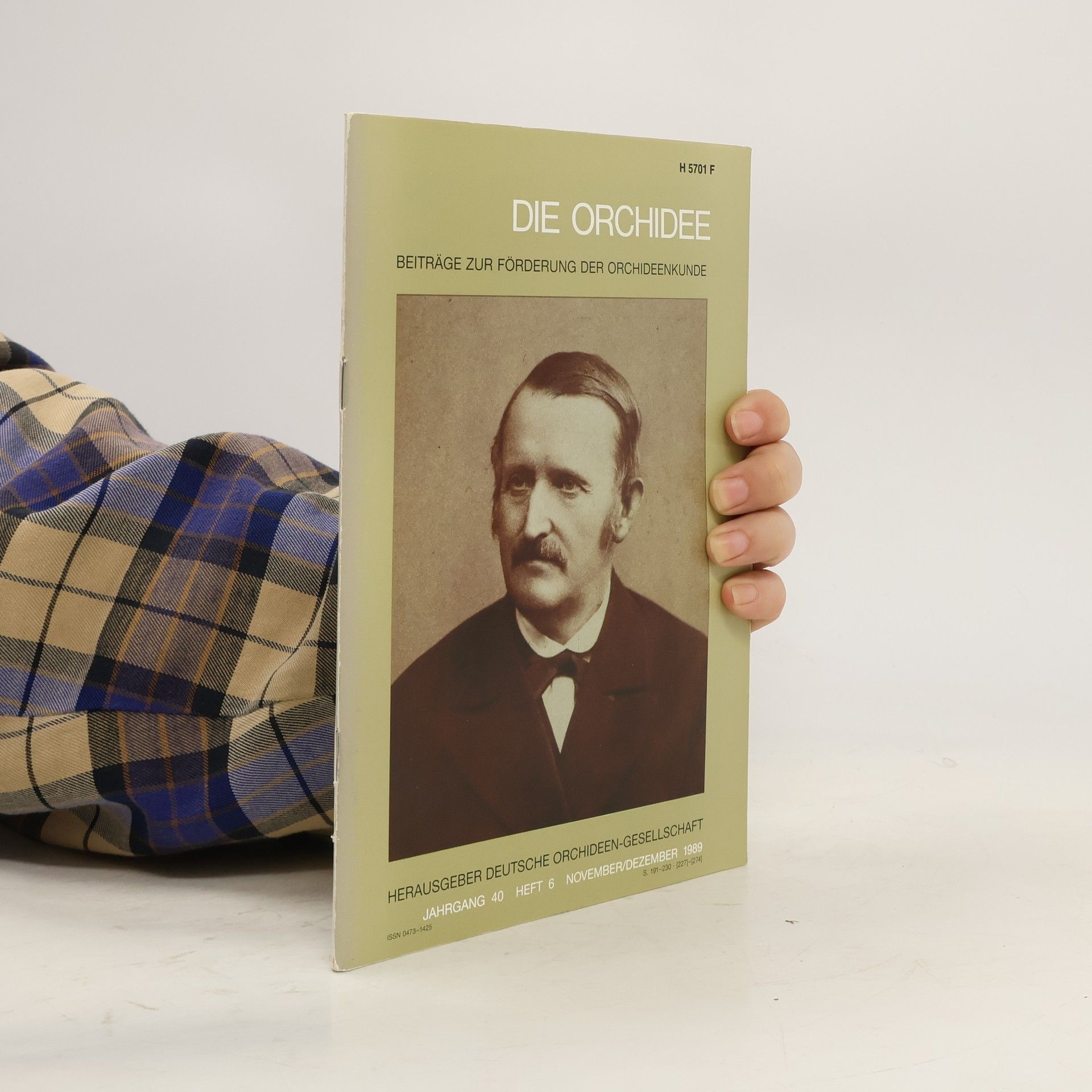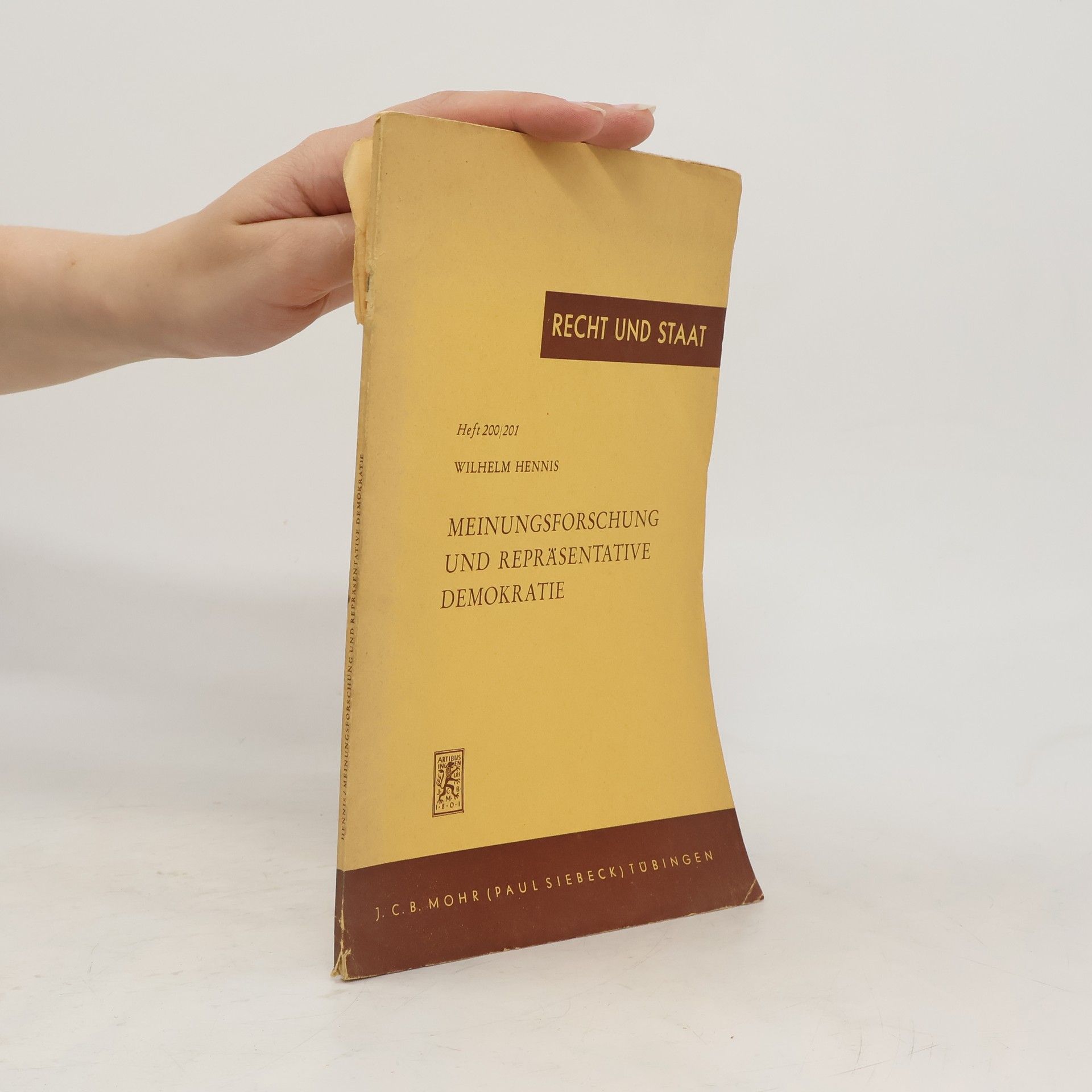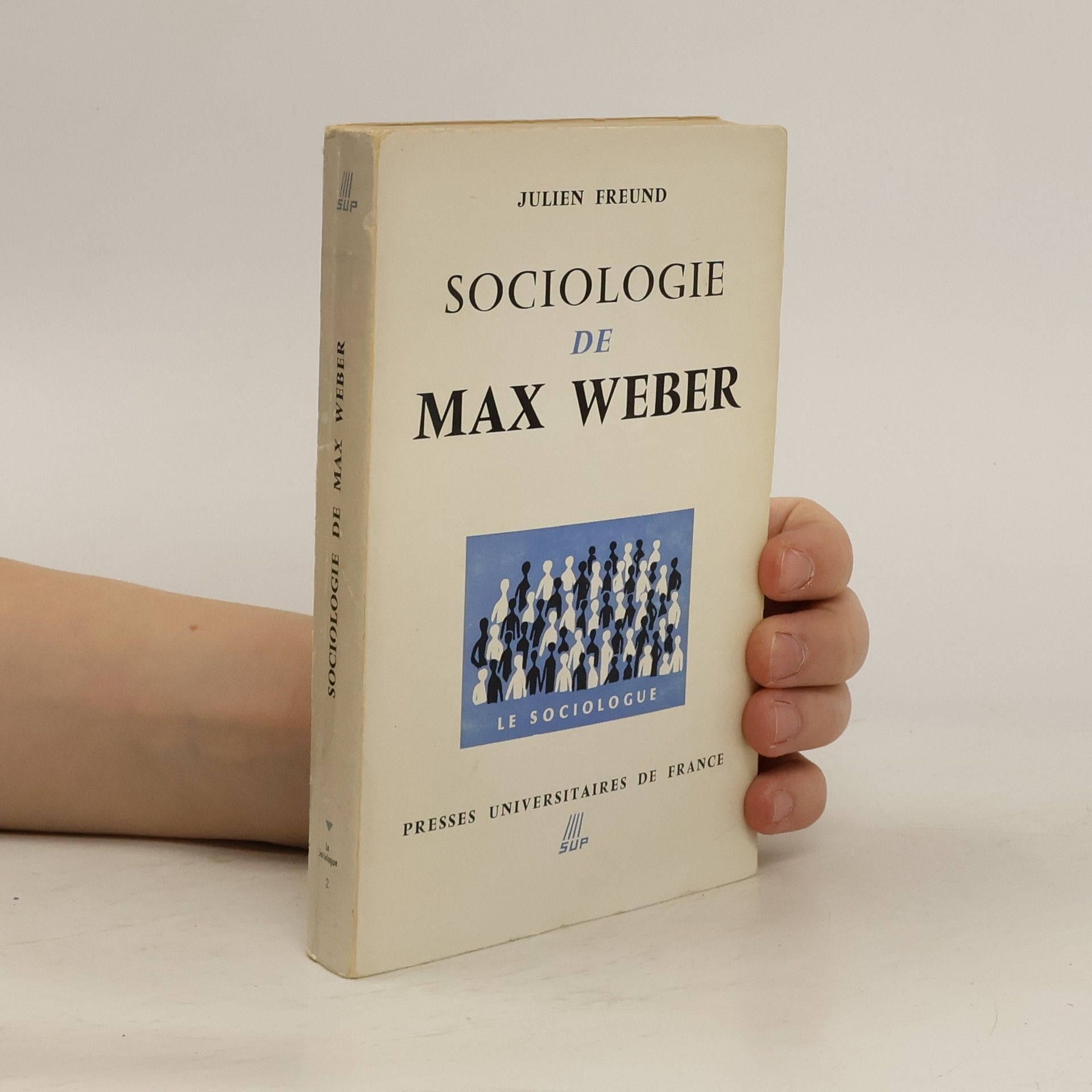Politics as a practical science
- 288 pages
- 11 hours of reading
Hennis has been a leading critic of German political life and thought for the last 50 years. In this selection from his writings on government and constitutionality he shows how the postwar reconstruction of democratic politics in Germany highlighted general problems of party politics and democratic order that have only recently been recognized.










